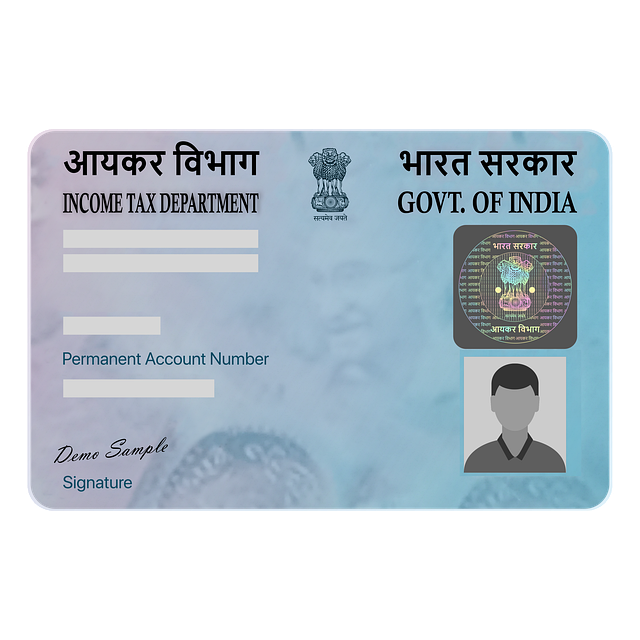Fingerprint background checks (biometric screenings) offer a more comprehensive identity verification method compared to traditional credit checks. They cross-reference unique fingerprint patterns with law enforcement databases, providing insights into criminal history and enhancing security across sectors like finance, government, and healthcare. While credit checks focus on financial data, fingerprint checks provide biometric identification that's difficult to replicate or forge, making them invaluable for securing sensitive environments. Legal frameworks govern these checks, protecting individual privacy under strict regulations, especially when combined with credit checks. Understanding these laws is crucial for compliance and maintaining personal data security.
Fingerprint background checks play a pivotal role in enhancing security measures across various sectors. Beyond traditional credit checks, these biometric screenings offer a more comprehensive approach to verifying identities and mitigating risks. This article delves into the intricacies of fingerprint checks, exploring their significance, security enhancements, legal framework, and privacy implications. By understanding these aspects, individuals and organizations can navigate the process effectively while ensuring robust security protocols.
- What are Fingerprint Background Checks?
- Why Are Credit Checks Important in This Process?
- How Do Fingerprint Checks Enhance Security?
- Understanding the Legal Framework and Privacy Considerations
What are Fingerprint Background Checks?

Fingerprint background checks, also known as biometric background screenings, are a robust method for verifying an individual’s identity and assessing their criminal history. Unlike traditional credit checks that focus on financial transactions, fingerprint checks delve into a person’s criminal record by cross-referencing their unique fingerprint patterns with databases maintained by law enforcement agencies. This process allows for a more comprehensive evaluation of potential risks associated with individuals seeking access to sensitive information, facilities, or roles.
These checks are increasingly utilized in various sectors due to their accuracy and efficiency. They serve as a critical component in ensuring security protocols, especially in high-risk industries like finance, government, and healthcare. By combining fingerprint data with other verification methods, organizations can make informed decisions, enhancing overall safety and compliance with regulatory standards while streamlining the verification process.
Why Are Credit Checks Important in This Process?

Credit checks play a pivotal role in fingerprint background checks, providing essential insights into an individual’s financial history and reliability. They help verify identity and assess creditworthiness, which is crucial for gauging trustworthiness, especially when dealing with sensitive matters like employment, loans, or rental agreements. By examining credit reports, potential employers, lenders, or landlords can make informed decisions about the risks associated with extending opportunities or services to an individual.
These checks offer a comprehensive view of one’s financial responsibility, including payment history, outstanding debts, and public records. This information is vital for understanding an applicant’s overall financial health and stability. Moreover, credit checks enable entities to comply with legal and regulatory requirements, ensuring that they make decisions based on verifiable data rather than relying solely on personal attributes or intuition.
How Do Fingerprint Checks Enhance Security?

Fingerprint background checks play a pivotal role in enhancing security measures across various sectors. Unlike traditional credit checks, which primarily scrutinize financial history, fingerprint scans provide a unique biometric identifier that cannot be easily replicated or forged. This ensures that individuals being screened are who they claim to be, significantly reducing the risk of identity theft and fraud.
Moreover, fingerprint checks offer a swift and efficient way to verify background information. The technology allows for quick cross-referencing against vast databases, providing security personnel with real-time access to an individual’s criminal history, previous employment, and other relevant data. This immediate insight enables more informed decisions, making fingerprint background checks an indispensable tool in safeguarding sensitive environments, be it in government facilities, financial institutions, or even everyday situations like accessing secure buildings or employing new hires.
Understanding the Legal Framework and Privacy Considerations

In many regions, fingerprint background checks are subject to strict legal frameworks designed to protect individual privacy. These checks, often used in conjunction with credit checks for various applications like employment or housing, operate under a careful balance between security and civil liberties. Laws governing fingerprint data collection, storage, and use vary significantly across countries, highlighting the importance of understanding these regulations to ensure compliance and maintain personal privacy.
Privacy considerations come into play when dealing with biometric data like fingerprints, which are unique identifiers. Data protection laws aim to safeguard individuals’ right to privacy by dictating how and where this sensitive information can be collected, stored, and shared. Given the potential for fingerprint data breaches or misuse, these legal frameworks establish guidelines for secure handling, including encryption methods, limited access, and regular audits to ensure compliance.
